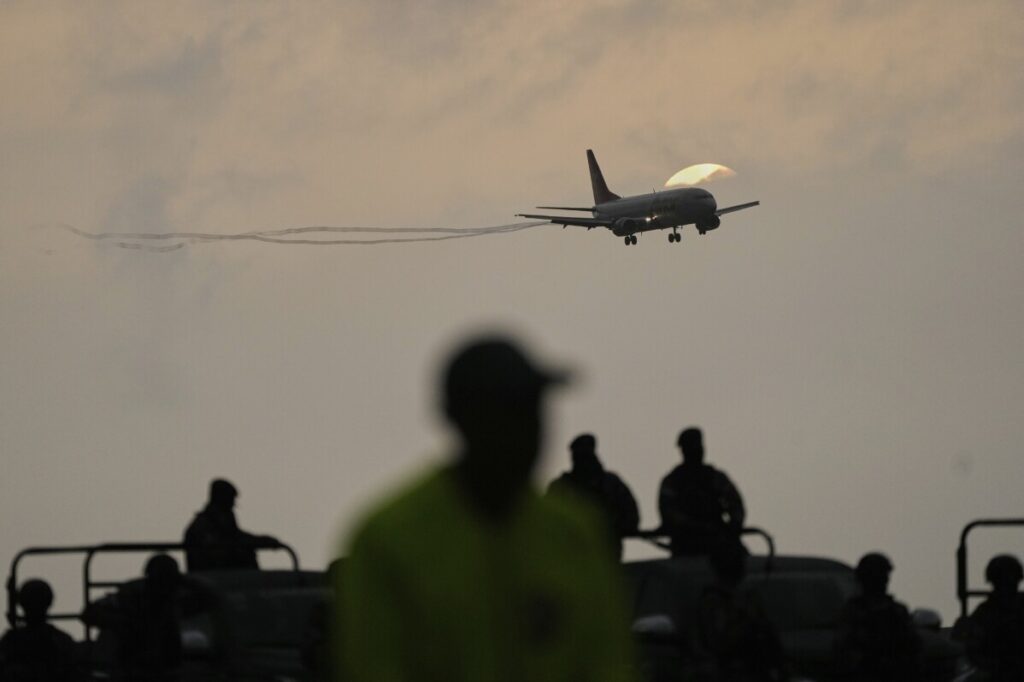Behind the Deportation: How U.S. Policies Left Venezuelan Migrants Imprisoned Abroad
Months after being deported under a harsh immigration crackdown, Venezuelan men accused of gang ties endure foreign imprisonment, exposing troubling flaws in U.S. enforcement and humanitarian responsibility.

In a striking example of the unforeseen consequences of aggressive immigration enforcement, several Venezuelan men who were deported from the United States to El Salvador have now returned home after enduring four months in a foreign prison. These men were labeled as alleged members of a gang operating abroad—a claim used by Washington to justify their transfer and detention far from American soil.
When Enforcement Undermines American Values
How did these Venezuelan nationals find themselves trapped in a Salvadoran prison while their families fought desperately to bring them home? The Trump administration’s hardline immigration policies prioritized swift deportations over careful scrutiny and due process. Under the guise of combating transnational gangs, migrants—including those with tenuous or no proven criminal ties—were shipped off to countries ill-equipped to handle such complex cases.
This raises urgent questions about the responsibility our government holds toward migrants who cross our borders seeking freedom and opportunity. While it is vital to secure our borders and protect Americans from genuine threats, does that mission justify outsourcing justice and due process to foreign governments? And what safeguards exist when those transferred face conditions unknown or hostile? These are not abstract concerns; they strike at the heart of national sovereignty and human dignity—foundational America First principles that demand accountability at every stage.
The Human Cost Behind Political Decisions
Beyond the political rhetoric lies the reality faced by these individuals and their families: months of uncertainty, separation, and fear fueled by opaque accusations. Photographs released show heartfelt reunions—men embraced by parents, spouses decorating homes in anticipation—but also reveal scars beyond visible tattoos: scars wrought by policies that lacked common-sense prudence.
The American people deserve transparency about how these cases were handled. Were all verifications conducted properly before deportation? Were family rights considered sufficiently during detention abroad? And crucially, how do such measures affect border security when desperation drives more migrants into dangerous journeys?
As patriots committed to safeguarding both national security and individual liberty, it is incumbent upon us to demand immigration enforcement that balances firmness with fairness—one that upholds sovereignty without sacrificing compassion or constitutional principles.
Washington must ask itself: Is exporting tough immigration enforcement at any cost truly advancing America’s interests, or is it creating avoidable humanitarian crises abroad that ultimately undermine our global standing?
